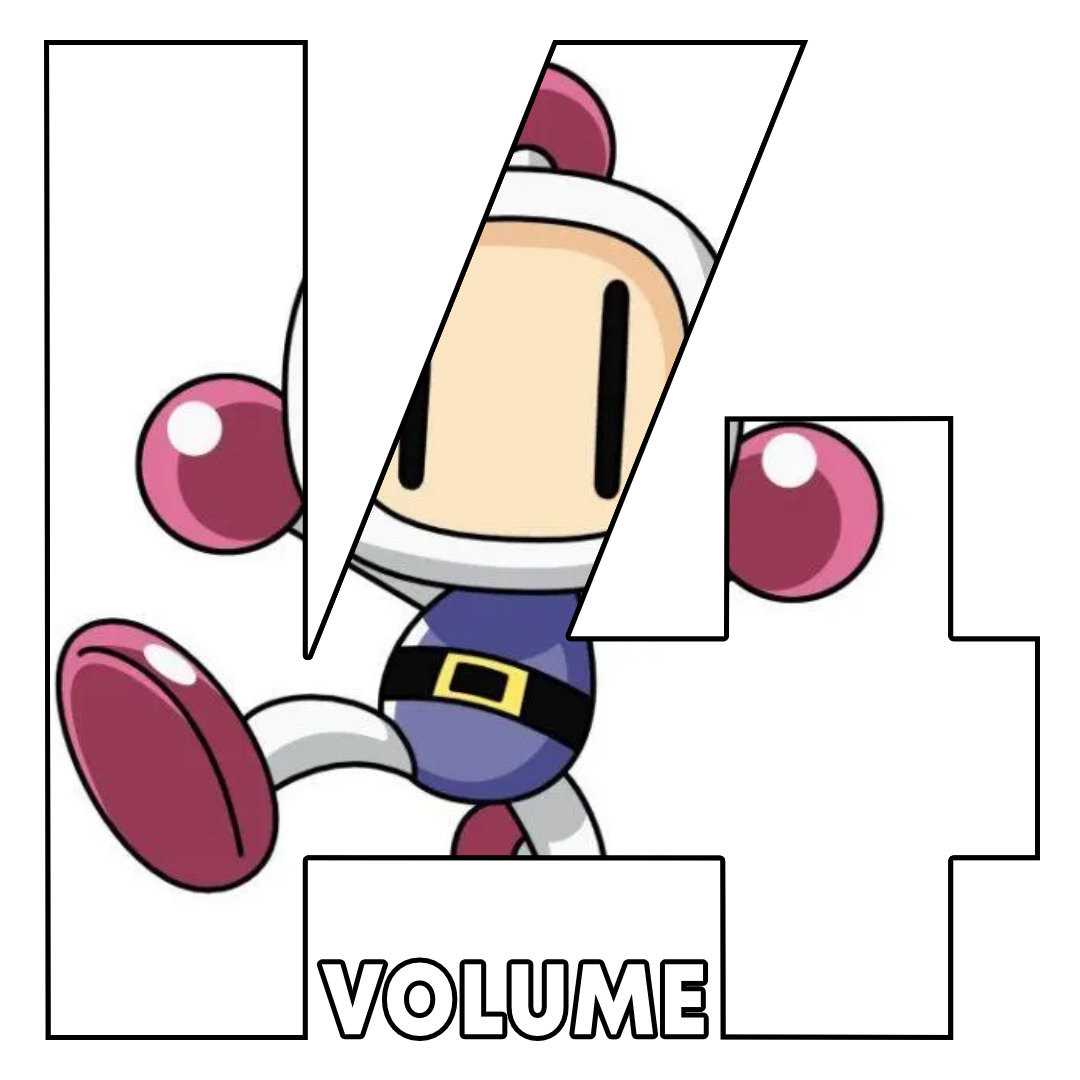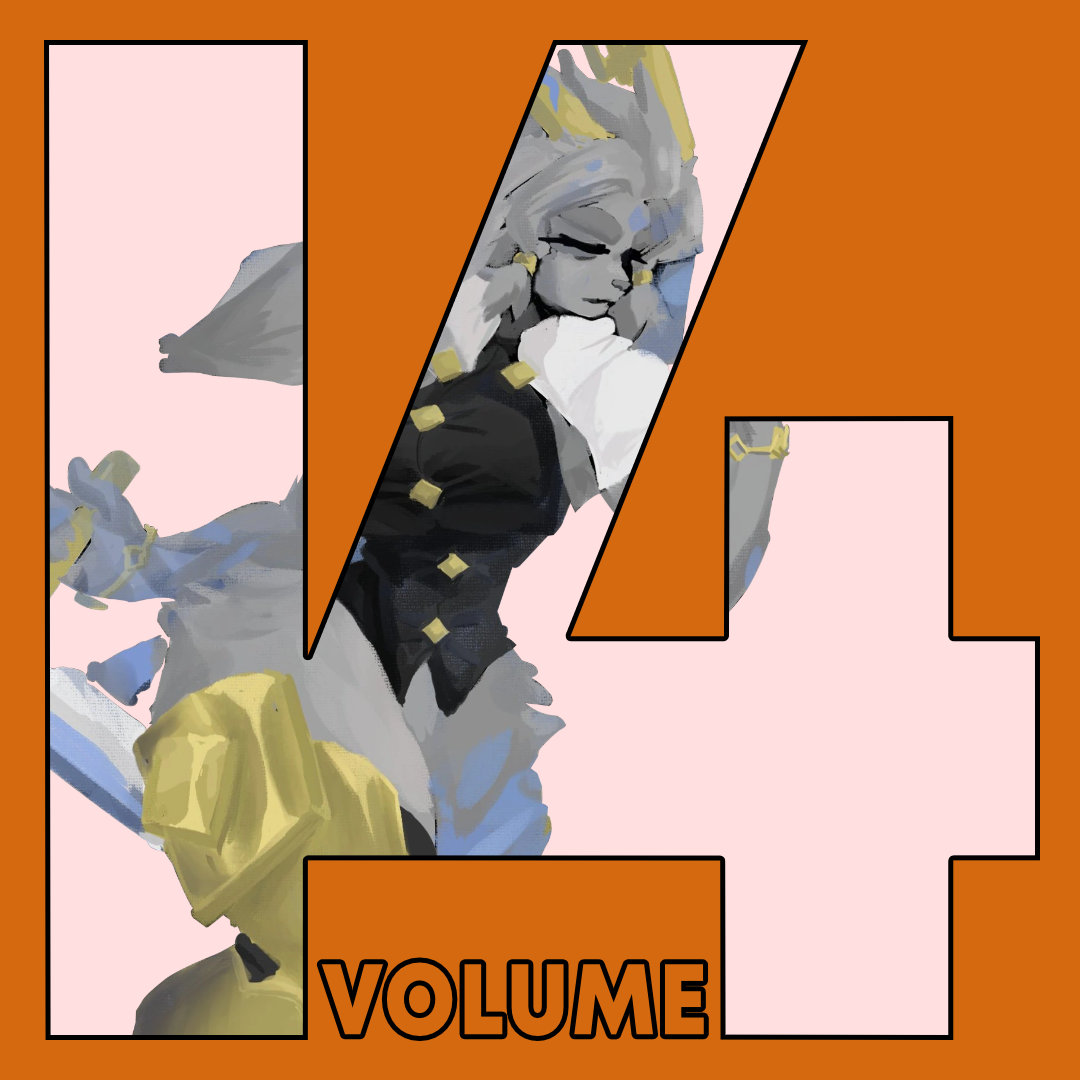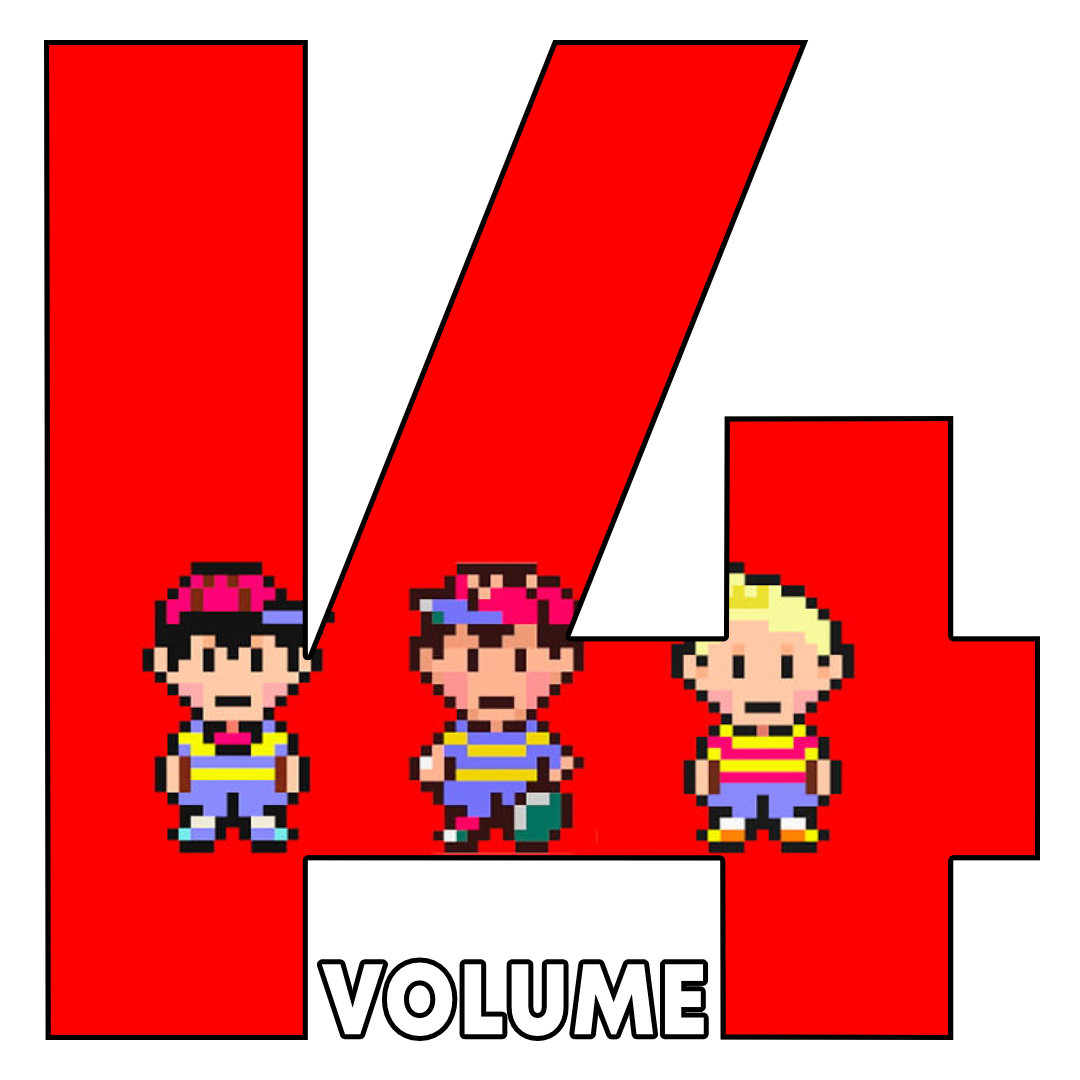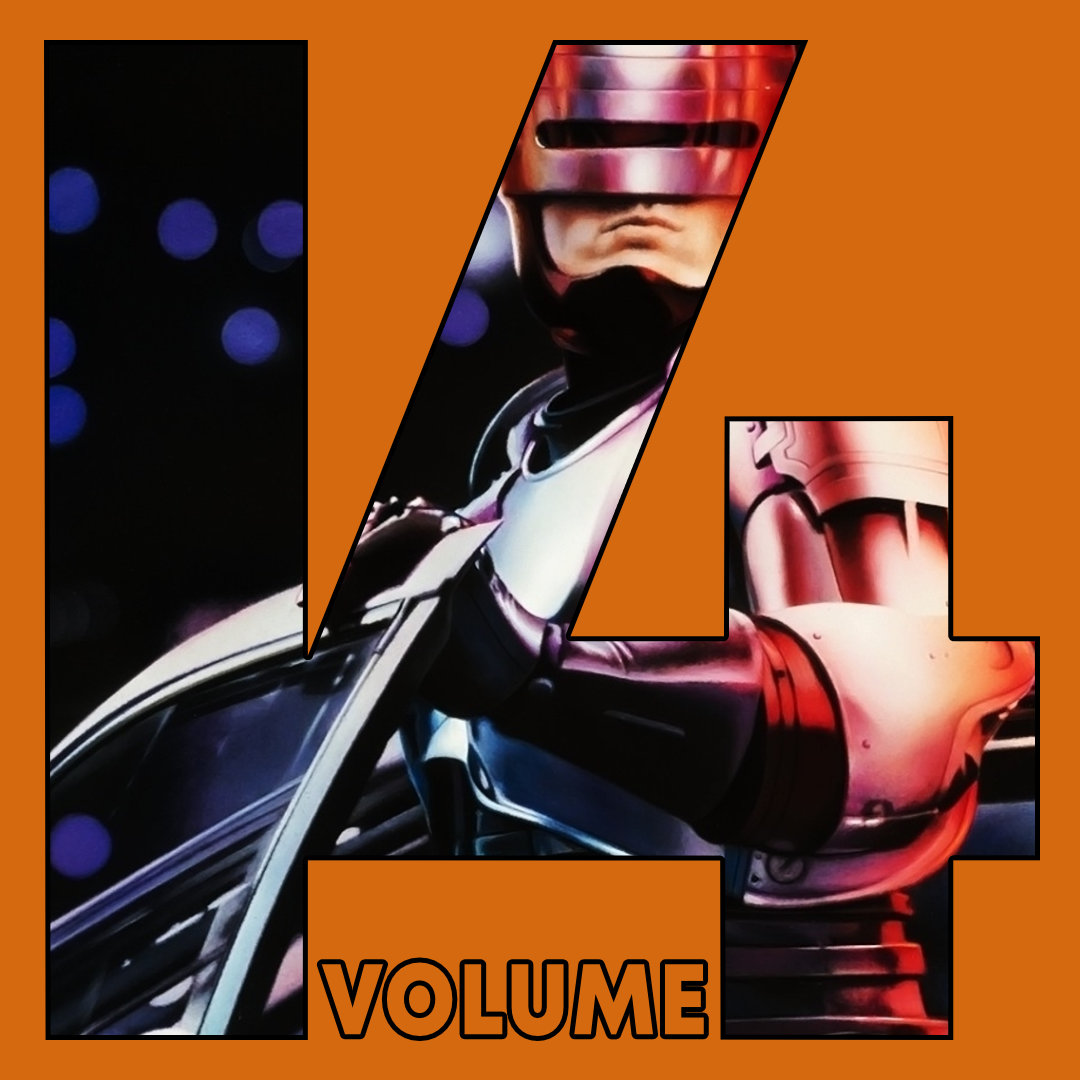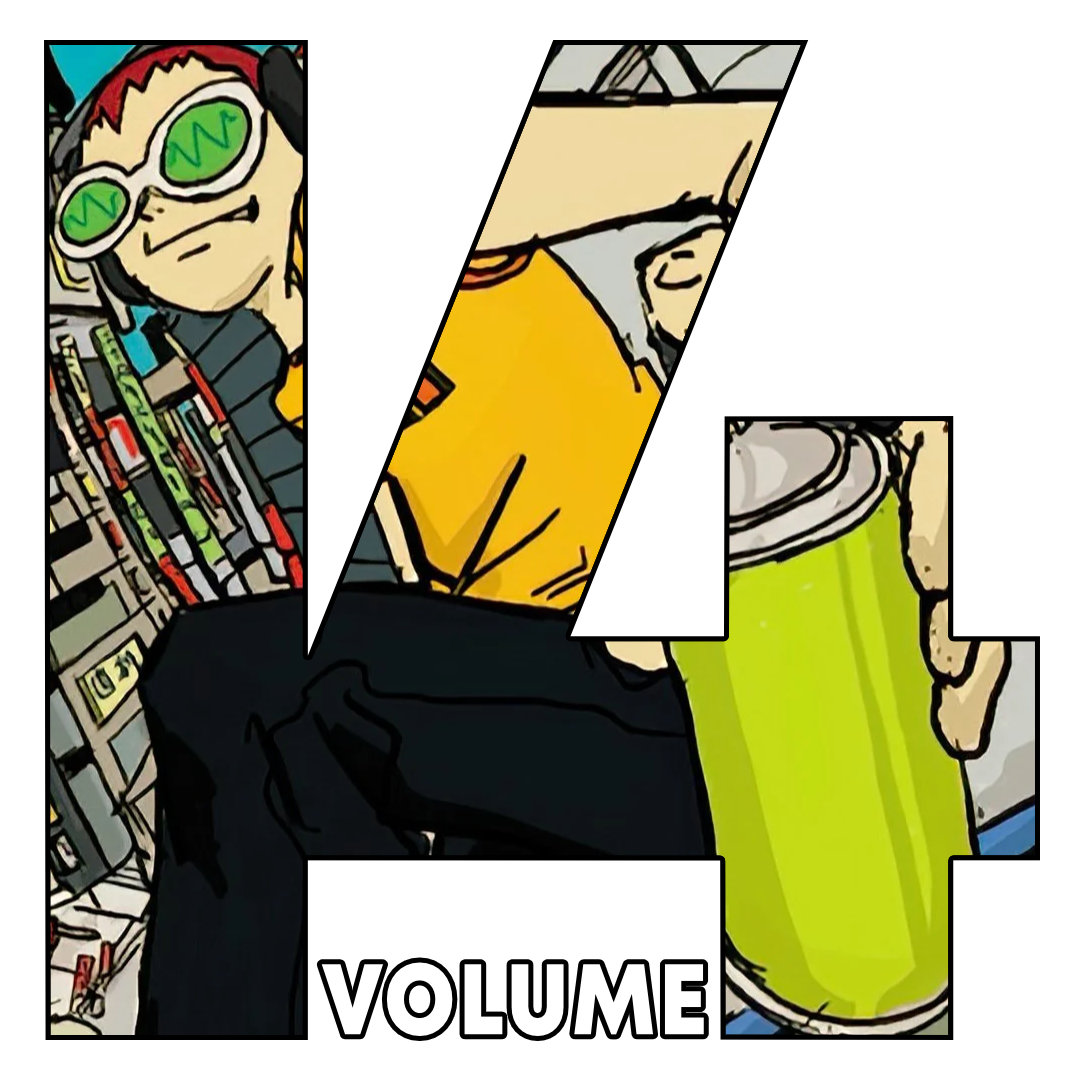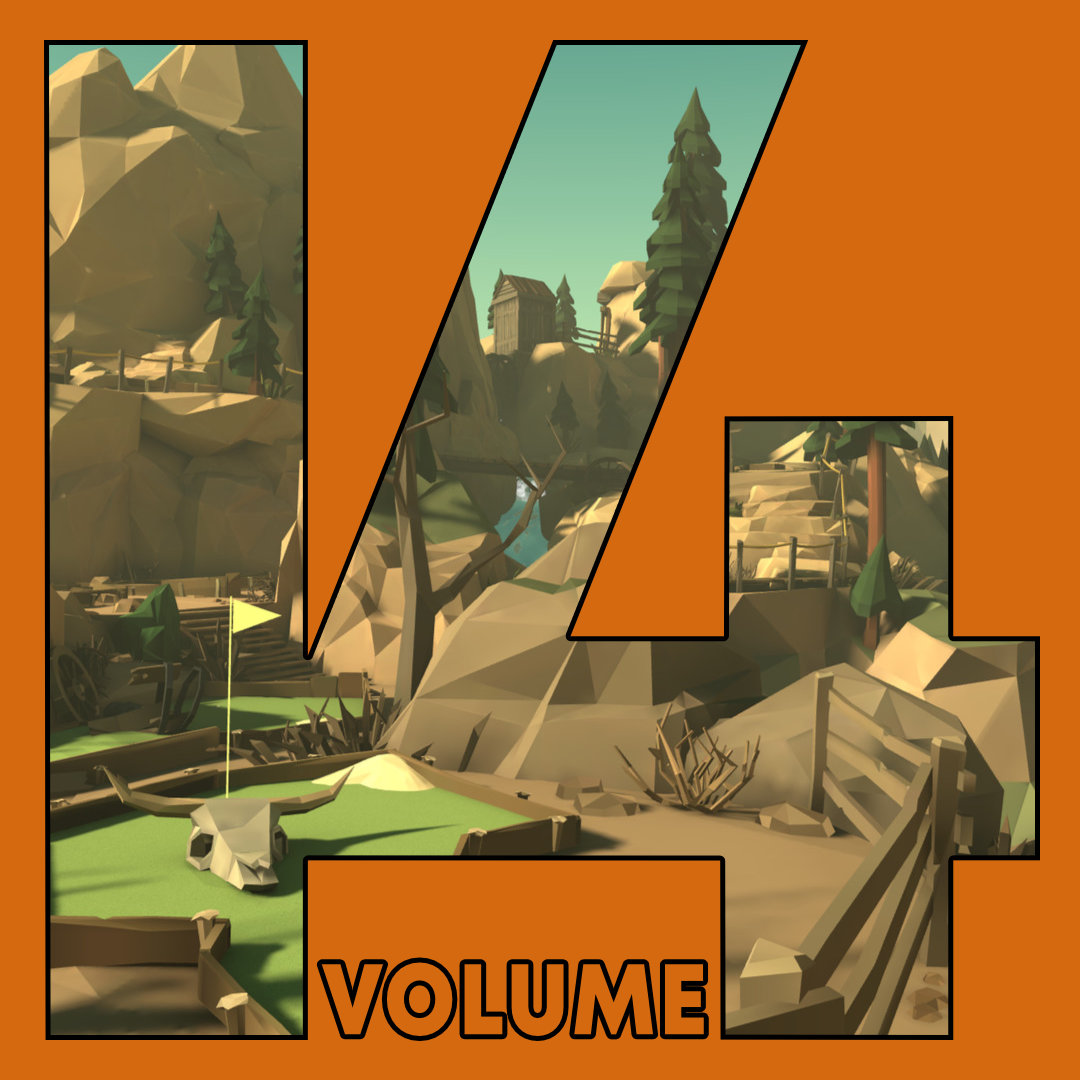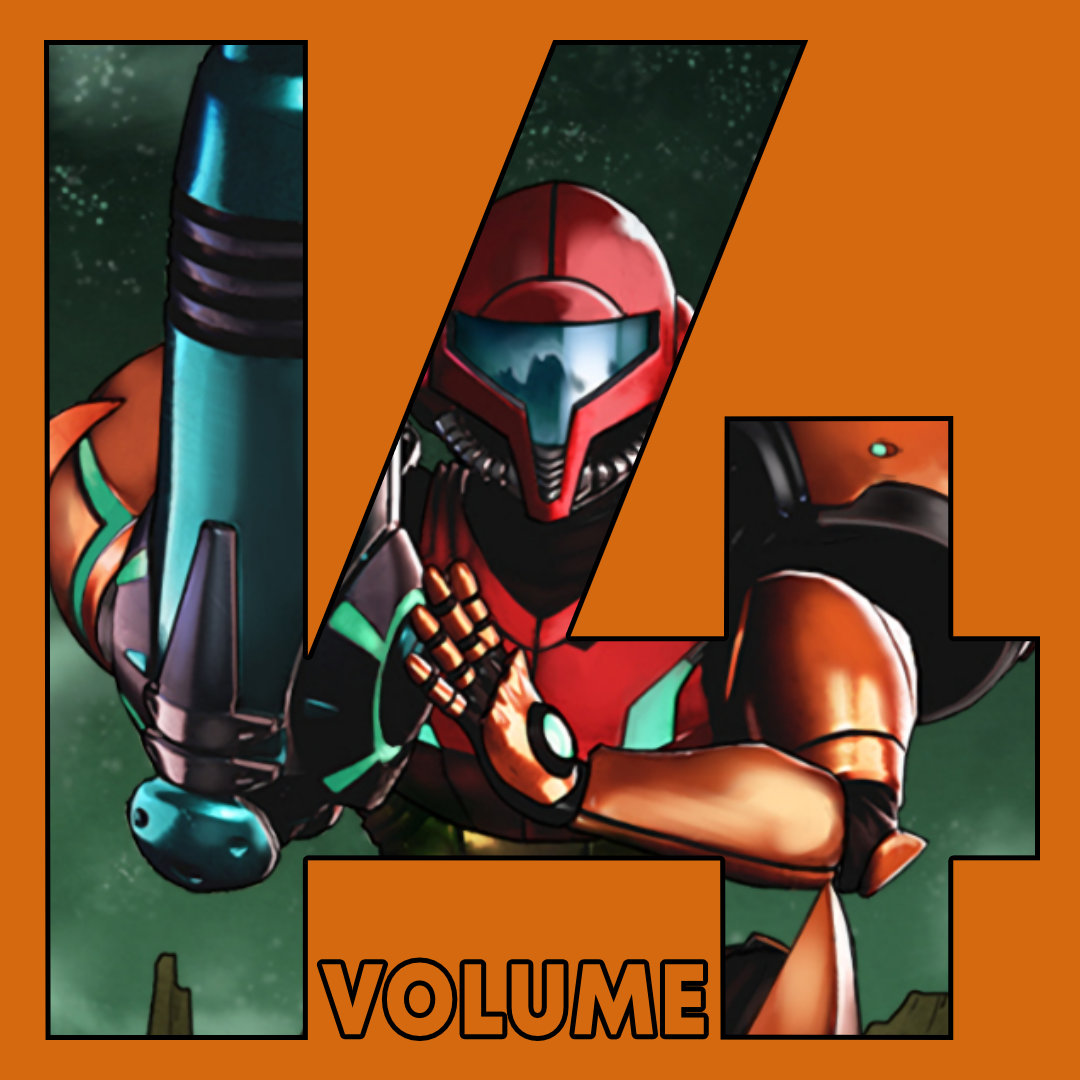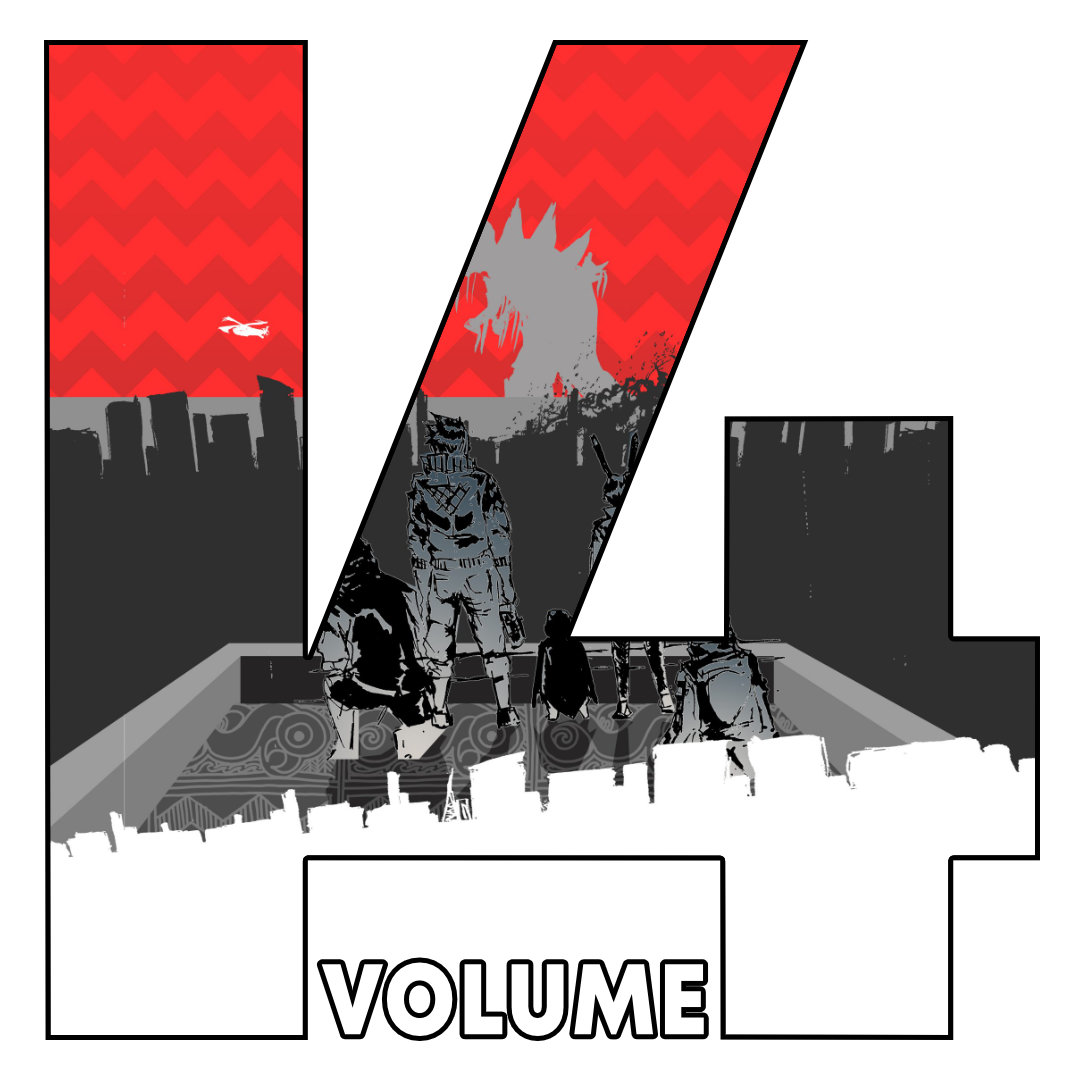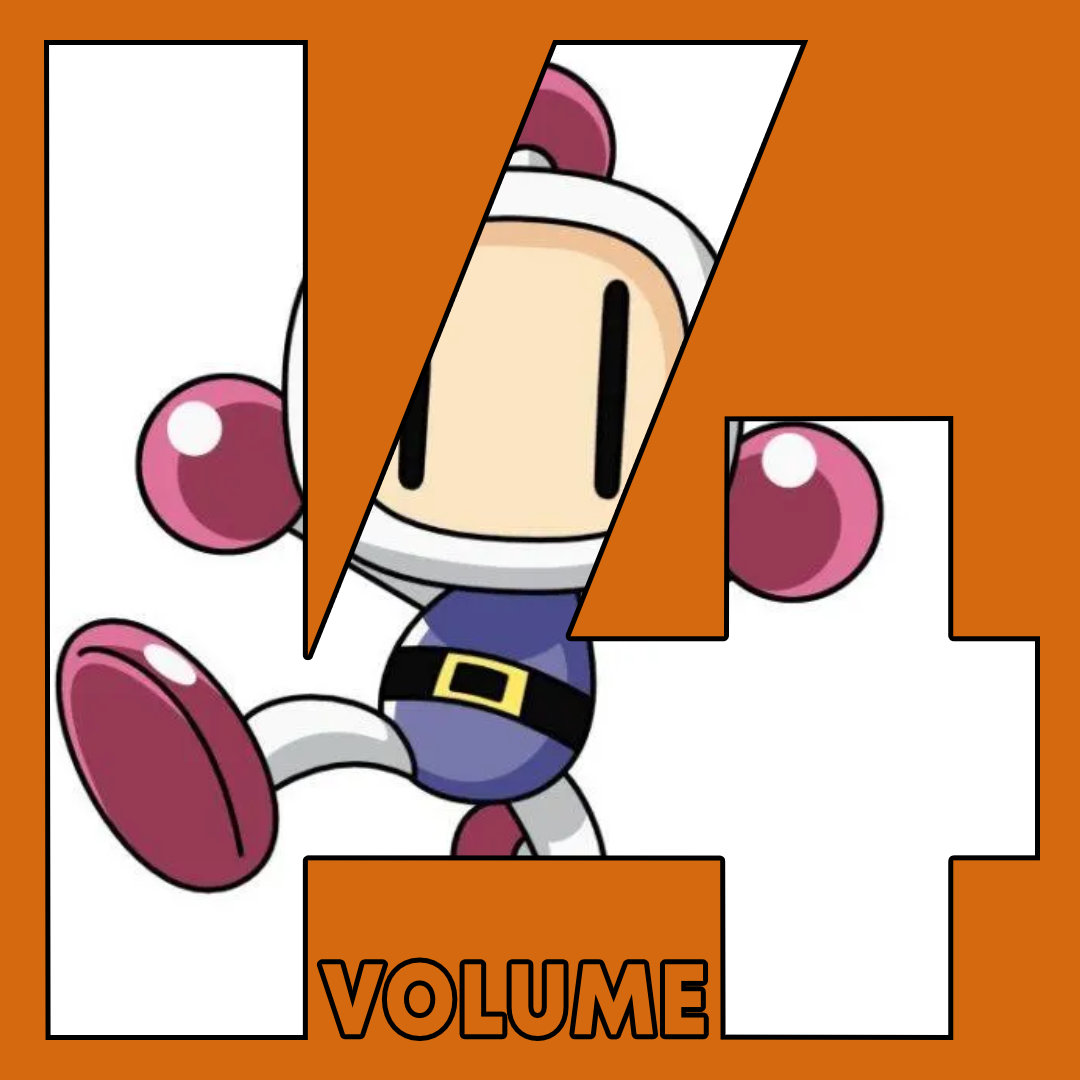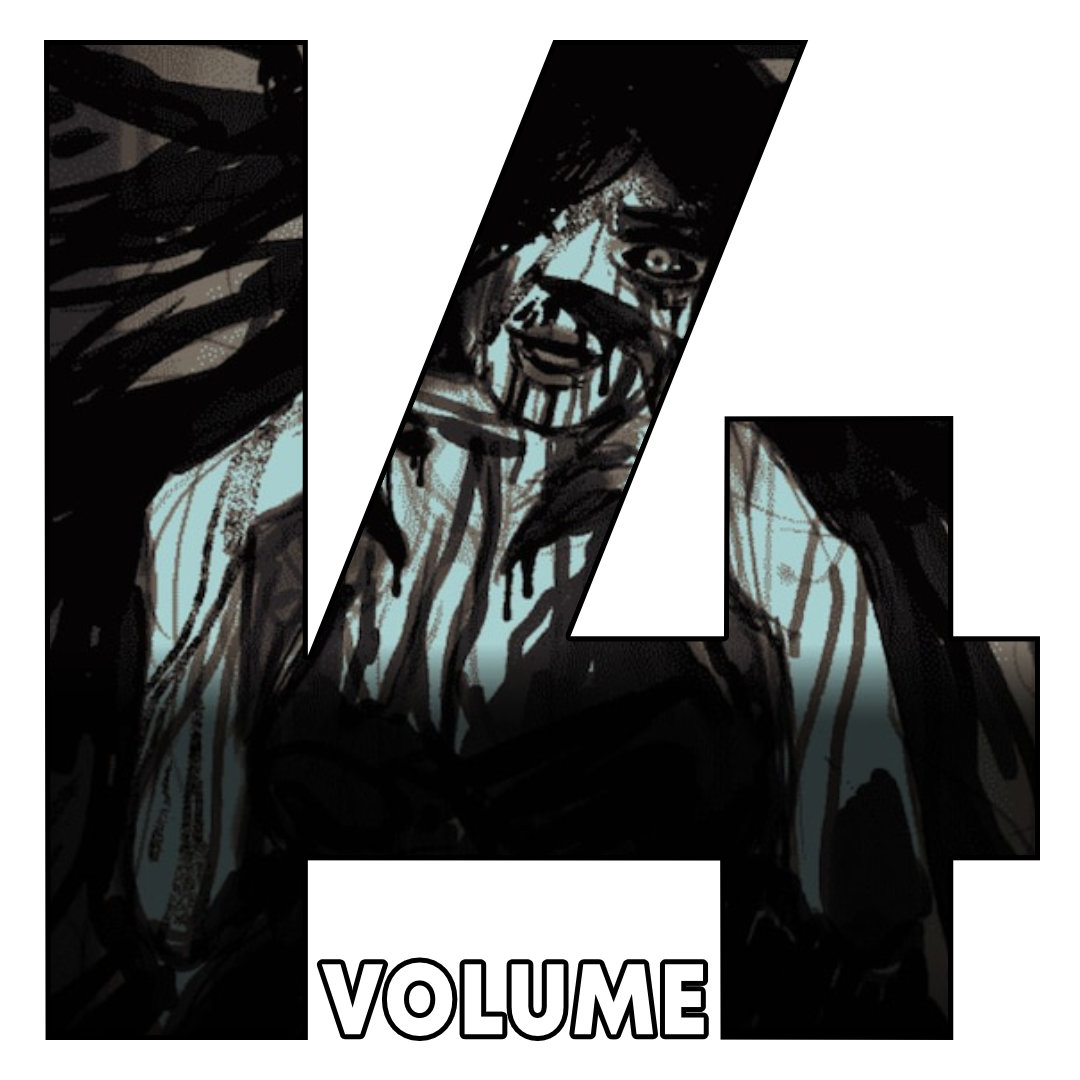Play is intimate.
There’s something inescapably personal and revealing about inhabiting a fantasy, about allowing these bizarre dream worlds to matter to us.
Likewise, when game spaces are communal, when we inhabit and participate in the same fantasy space together, collaboratively creating a shared experience between ourselves, the action of play generates intimacy between players.
We saw this most famously throughout the 2000s with the rise of the Massively Multiplayer Online Role-Playing Game, and the emergence of honest-to-god social lives formed as a constituent part of the genre experience.
In the glory days of Everquest, players forming romantic relationships were a vaguely risible curio for the rest of the games industry.
Following the exponentially larger success of World of Warcraft, the phenomenon became de rigeur, pre-empting the mainstream breakthrough of online dating that only really arrived years later.
It’s not surprising that games and gaming communities proved to be such fertile ground for this sort of thing.
A sizeable enough community of adolescents and post-adolescents, bound together by a shared fantasy in which they all devotedly participate – and most importantly, in which their agency, social status and camaraderie is systemized and codified in a way it isn’t in their actual social lives – is a perfectly designed engine for producing lovesick drama.
Nina Freeman’s Cibele is an autobiographical game about her experiences with this phenomenon, meeting and falling for a guy over Final Fantasy XI.
Told through live-action video and a fully interactive facsimile of Nina’s computer, the game charts play sessions along with relationship development.
As you check her e-mails, browse through her files or log time on a stand-in MMO named Valtameri, the web of interpersonal drama opens up through text, image and voice-over.
The experience is at once both revealing and prurient; while the material contained in Cibele is obviously made up of things Nina is happy being in public, it’s impossible to not feel as though you’re reading things you shouldn’t be, like you’re poring through her diary.

Nina’s history and personality is, I feel, drawn with an unflinching clarity and skilful, naturalistic characterization. It’s a striking level of unfiltered honestly, shorn of ego to an extent rarely seen in games.
However, while the things we learn through play are worthwhile, I find that the action of play itself isn’t entirely successful.
The design of the MMO scenes emphasise partnership through their mechanics in a way that complements the narrative of the players’ developing relationship, but I found the actual procedure of playing to be banal and insubstantial without the pointed voyeurism of the desktop scenes.
It’s interactive in the barest sense, seeming to be only so at all because the experience being imparted involved playing a game with another person.
The story being told over the top are an order of magnitude more compelling than the narrative emerging playable systems. This wasted space could have been used on something more interesting than what we got, without significantly increasing the game’s scope or distracting from the central point of the game.
Instead, it goes fallow. This approach to play makes sense from a ludonarrative perspective. It leaves us playing through solely to reveal more of the progression of Nina and Ichi’s relationship.
Thus, it mirrors the way that for 19 year old Nina, the actual game may well have become secondary to the budding romances and friendships it generated – but I also found it something of a chore to experience, the actual action of the game reminding me of nothing so much as zOMG, the improbably long-lived and entirely flaccid Gaia Online MMO.
The live action scenes also have a student film feel to them, for better or worse; whether the earnestness and DIY authenticity make up for the occasionally amateurish performances and inarticulate direction will vary depending on personal sensibilities.
Even Nina herself provides a brave portrayal of her younger self that nonetheless smacks of inexperience as an actor. There’s significant value to the experience provided by Nina and her cohorts’ willingness to bare their souls in these scenes.
To me, this ultimately outweighs the infrequently muddled way in which they do so, but it’s a shaky process at times.
Similarly contentious will be the format of the game. Nina’s background in poetry shows through in the game’s brevity, unconventional structure and dense focus on tone over detail; the game is packed with characterization and narrative justification, but it requires legwork on behalf of the player to draw out.
The game is too short and too naturalistic for traditional narrative structure or space for characterization, and without effort to extract the real substance of Cibele, it can appear insubstantial.
There’s only so much you can read into the game as a broader commentary on the intimacy of play and on formation of sexuality in the digital age. It’s not as didactic as one might expect, to the point where I occasionally found myself tempted to read straight past the game into the phenomenon it portrays.
Instead, Cibele’s primary focus is on Nina’s own lived experience, on a formative event that had previously existed only within the canon of her life.
I think this is the amazing thing about the potential of games as autobiography; games allow us to take our experiences and render them external to ourselves, asserting their meaning, finding community and forging understanding through play.
It is an astonishing and arguably underutilised aspect of what games can do. Games like Dys4ia or Mainichi or Nina’s own How Do You Do It? have proven what an exciting and important use for the ‘game’ format autobiography can be.
Killing dragons is fun for many, sure, but there can be also something elevating about the realisation of smaller, more personal and ultimately more important things, like the experiences of finding your place a world filled with microaggressions, or of dealing with depression, or of navigating post-adolescent sexuality through communal play within a digital space.
Even a modicum of understanding and empathy for another human being garnered through play is worth more than the gratification of a thousand genre games.
This is what I consider to be Cibele’s real success. When I was 19 I went through the same things Nina did, to a point of rather striking resemblance (though my scene was internet horror fiction rather than MMOs), and I can vouch that this game communicates how that experience feels with startling accuracy.
The awkward, tentative experimentation with persona, the rush of requited attraction muted by the hush of distance and disconnection, the social limitations imposed by technological restraints; Cibele evokes these experiences with deftness and nuance.
For me, Cibele sits on just the right side on the line between being a very qualified success and a very admirable failure.
For all its shortcomings, which should not be either ignored or overstated, Cibele has remarkable fidelity as a communication of a personal experience, and that makes it an exciting and successful piece of autobiography. It’s an intimate game about the intimacy of play, and its achievements are thoroughly worthwhile.
Alex Maskill is an author and game designer from Eastbourne. He’s just about to graduate from his MSc Computer Science course, and his award-winning debut novel, The Hive Construct, is out now under Doubleday and Corgi.



